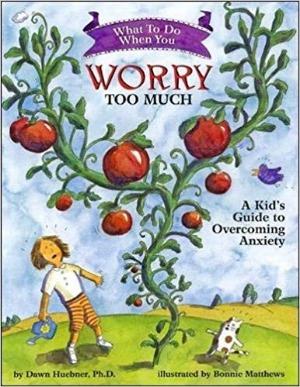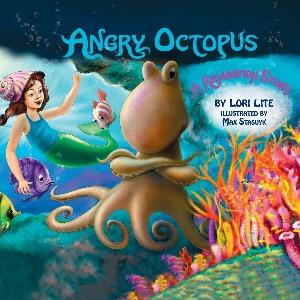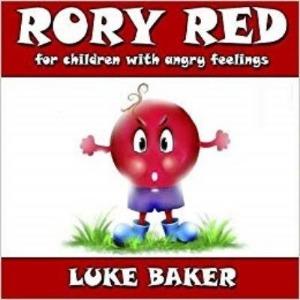ELSA
"On this page we aim to post ideas and helpful advice on how you can help your child; for example in areas such as self-esteem, anxiety or perhaps to pick up some tips about calming techniques. Parents and carers will be able to find out about recommended books which may be useful and links to other websites for some self-help at home." Miss Ellis Lunn ELSA .
What is Emotional Literacy?
Emotional Literacy is the term used to describe the ability to understand and express feelings. Emotional Literacy involves having self-awareness and recognition of one’s own feelings and knowing how to manage them, such as the ability to stay calm when angry.
What is ELSA?
ELSA (Emotional Literacy Support Assistant) is an initiative developed and supported by educational psychologists. It recognises that children learn better and are happier in school if their emotional needs are also addressed.
I have undergone training with Educational Psychologists to plan and deliver programmes of support to pupils who are experiencing temporary or longer term additional emotional needs. The majority of ELSA work is delivered on an individual basis, but sometimes small group work is more appropriate, especially in the areas of social and friendship skills. Sessions are fun and I use a range of activities such as: games, role-play with puppets or arts and craft. ELSA sessions take place in the ‘Apple Room’ which provides a calm, safe space for the child to feel supported and nurtured.
In my ELSA sessions I aim to provide support for a wide range of emotional needs:
- Recognising emotions
- Self-esteem
- Social skills
- Friendship skills
- Anger management
- Loss and bereavement
- Anxiety
How does ELSA work?
Children are usually referred to ELSA support by their class teacher, Senior Leaders or on occasion the SENDCo. Each half term I meet with the SENDCo to discuss the referral forms and to identify and prioritise which children require a weekly programme over a 6-8 week period. With the programme aims in mind I then plan support sessions to facilitate the pupil in developing new skills and coping strategies that allow them to manage social and emotional demands more effectively. I will send a letter home to parents informing them that their child has been given an ELSA referral and will ask for written permission to begin these sessions. I welcome the opportunity to meet up with parents prior to commencing my ELSA sessions and at the end of the 6-8 weeks to discuss the progress their child has made.
Supporting- not fixing
It must be emphasized that my role as an ELSA is not to fix children’s problems. What I can do is provide emotional support.
I aim to establish a warm, respectful relationship with a pupil and provide a reflective space where they are able to honestly share their thoughts and feelings. For children with complex or long term needs it is unrealistic to expect an ELSA intervention to resolve all their difficulties, however support will be designed to target specific aspects of a child’s need.
So what do the children think?
On completion of the ELSA programmes I ask the children to reflect on their experiences and to kindly give me some feedback. Here are some of the lovely comments I receive:
“I’ve learnt from Mrs Binns that it’s ok to make mistakes”
“I love my ELSA sessions”
“Thank you for helping me to make friends in the playground”
Parents Self –Help section
In this section I will sign-post you to some of the different websites online which offer help and advice to parents and share some of the books in my ELSA library that I have found useful and which I am more than happy to loan out.
Do you have an anxious child?
***Recommended self-help anxiety book****

What to do when you worry too much (A kid’s guide to overcoming anxiety) by Dawn Huebner is an interactive self-help book designed to guide 6-12 year olds and their parents through the cognitive-behavioural techniques most often used in the treatment of generalised anxiety. Engaging, encouraging and easy to follow, this book educates, motivates and empowers children to work towards change. I have used this book with a number of Year 2 children and have found it a really useful tool.
Self esteem
Is your child having problems with self-esteem? Follow this link which gives some useful advice to parents:
Parental advice on anger management
Help with those ‘hot feelings’- some tips and information for parents/carers about managing anger in children:
***Recommended books ***

An anger management story for children written by Lori Lee. Angry Octopus is a story that teaches children how to use progressive muscle relaxation and breathing techniques to calm down, lower stress, and control anger. Children relate to the angry octopus in this story as the sea child shows the octopus how to take a deep breath, calm down, and manage anger. This is a great little story to help children understand that they can control their emotions.
Rory Red - for children with angry feelings "Rory Red was a colour who always feels angry. That was until a friendly face showed him how to cope with his feelings.”
The book leads the children through the different stages of anger such as triggers : ‘ someone being mean to him’,’ when he can’t go out to play because it is raining’. It takes the child through the physical effects of anger such as breathing heavier, his heart beating faster and faster. The language is simple and easy to understand

